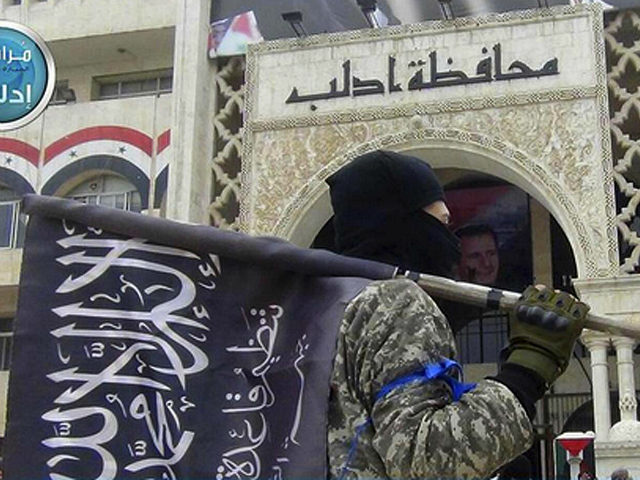The monthly income generated by al-Qaeda jihadists is “estimated at $20-40 million,” about ten times higher the $3 million that the Islamic State (ISIS/ISIL) makes over the same time frame, a top Russian official told reporters.
A study from the Foundation for Defense of Democracies (FDD) published late last year deemed the North Africa based-al-Qaeda in the Islamic Maghreb (AQIM) as the international jihadist organization’s “wealthiest branch.”
FDD noted that AQIM generates most of its $15 million annual revenue from drug trafficking activities linked to violent Latin American cartels.
Russia’s state-run news outlet Sputnik quoted Dmitry Feoktistov, the deputy director of the Russian Foreign Ministry’s Department on New Challenges and Threats, as saying on May 4, ”[ISIS] revenues dropped to a monthly $3 million, while the total income of Al-Qaeda cells around the world is estimated at $20-40 million.”
Feoktistov spoke to reporters outside the 18th session of the Organization of American States’ (OAS) Inter-American Committee against Terrorism.
The near single-minded focus to defeat the ISIS by international troops, including forces from the U.S. and Russia, have allowed al-Qaeda to surface as the last major terrorist group standing in war-ravaged Syria.
Al-Qaeda jihadists have taken advantage of the efforts against its rival ISIS by the U.S.-led coalition, the Kurdish troops, and the Russian- and Iranian-backed Bashar al-Assad forces to become the international organization’s “strongest” branch, Breitbart News has reported, citing various experts.
Feoktistov blasted the United States for designating Russia’s ally Iran and its associates, namely Hezbollah, a more significant threat than Islamic State (IS) jihadists.
Echoing Tehran, Russia demanded no changes to the nuclear deal that has reportedly allowed Iran to increase funding to its narco-terrorist proxy Hezbollah.
“Americans have recently stopped calling the IS the main threat, meaning they don’t deny that IS is a threat but they are trying to put this matter on the back burner,” Feoktistov alleged.
Acknowledging that ISIS still poses a terrorist menace to the United States Gen. Joseph Votel, the top U.S. commander in the Middle East and Afghanistan, did tell lawmakers in February:
Iran remains the major threat to U.S. interests and partnerships in the [Middle East]…Iran is also working through proxies and friendly political allies in Iraq, Syria, and Lebanon to establish an arc of influence, or “Shia Crescent” across the Middle East. As we navigate the many challenges and relationships in our region, we partially view them through the lens of countering Iran and diminishing malign influence.
Adm. Kurt Tidd, the top American commander in most of Latin America, has repeatedly warned against the growing influence and presence of Iran, Hezbollah, and to a lesser extent ISIS and in his area of responsibility.

COMMENTS
Please let us know if you're having issues with commenting.